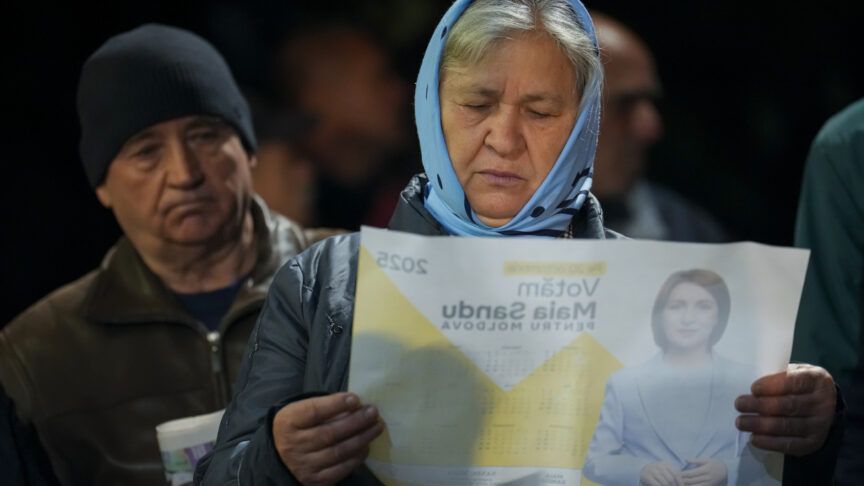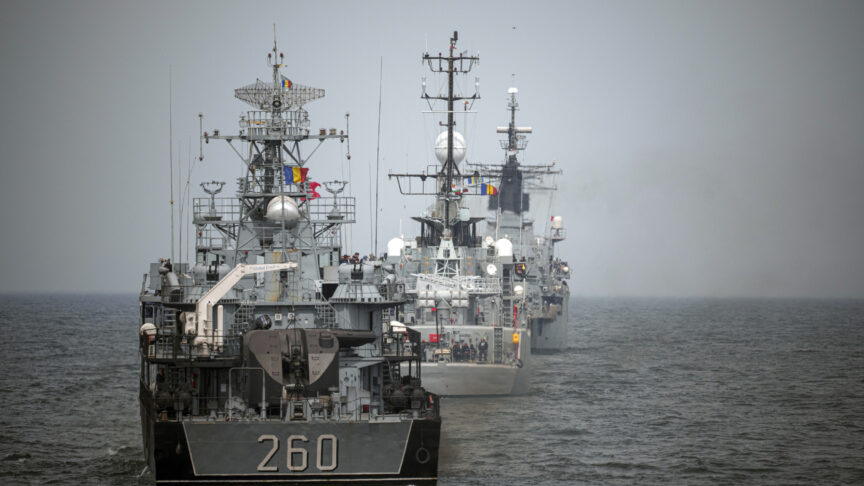Lukashenka besieged: Russia’s plans for Belarus
Unrest in Belarus has forced Moscow to look for new ways to strengthen its political and economic control in the country
The political crisis in Belarus presents both a major challenge and a major opportunity to Russia. Large-scale street protests; an unprecedented level of police violence and repression; Alyaksandr Lukashenka’s loss of legitimacy both domestically and internationally – all threaten Russia’s strong influence in Belarus. Should popular protest lead to a sudden and uncontrollable overthrow of the regime, Russia would have lost the game it already appears to have won.
Supporting the authoritarian ruler of Belarus and the violent methods he uses to suppress the population is becoming increasingly toxic for Russia. Lukashenka’s lack of legitimacy in the eyes of the Belarusian people and his international non-recognition increases the risks for Russia’s long-term interests. This concern has forced Moscow to look for new ways to maintain or even strengthen its political and economic control in Belarus, circumventing the regime while keeping it in place until it is ready to install new, Moscow-friendly figures to run the country. It provides minimal assistance to Lukashenka so that he remains office for now while at the same time keeping him vulnerable and dependent.
Russia has a number of options, some of which it has already taken up. Firstly, Russia wants to ensure a process of constitutional reform takes place – one controlled by Moscow, of course. Both Lukashenka and Russia have recently proposed constitutional reform as a mechanism for resolving the political crisis, although details remain few. However, Moscow’s vision of reform will not suit Lukashenka – he wants to maintain his absolute power. Russia’s plans directly contradict this.
While EU ambassadors were initially recalled from Minsk for consultations, Vladimir Putin and his subordinates remained as the main foreign interlocutors for Lukashenka
Secondly, there is the political task for Russia of diversifying the number of figures and organisations inside Belarus it can work with, strengthening its relationships with them and thereby depriving Lukashenka of his monopoly position and his veto over decision-making in the country. Russia is currently working to create a stable infrastructure of political influence by building a network of pro-Russian parties and public associations. Some of these, ideally in their view, would become parliamentary forces and play an important role in regional government. Altogether, these processes will aim to weaken the ‘vertical of power’, eroding its loyalty to Lukashenka in favour of Russia.
Thirdly, Russia will be trying to deepen its economic representation in Belarus. The country’s shrinking economy and reduction of credit resources mean that the Russian oligarchy will remain one of the few sources of foreign exchange for the Belarusian government. By buying out large state-owned enterprises, for example, Russia could gradually turn the senior levels of these enterprises into its own political lobbyists. It has not moved to do this yet but it has tried to in Belarus in the past. Conditions for such takeovers now appear favourable.
Finally, similar processes will also get under way in other spheres – media, culture and education, military cooperation. The Belarusian authorities are currently keeping a close eye on these attempts, but their ability to resist will dry up together with the emptying of the Belarusian budget.
For now, it is still premature to talk of any serious Russian short-term successes – its goals are long term, and deliberately so. Russia is prepared to be patient while monitoring the mood of the street. However, the first signs of possible future transformations are already beginning to appear on the political field.
While EU ambassadors were initially recalled from Minsk for consultations, Vladimir Putin and his subordinates – such as Sergei Naryshkin, Sergei Shoigu, and governors of Russian regions – remained as the main foreign interlocutors for the Belarusian ruler.
Additionally, the country’s largest public organisation, Belaya Rus, exists to support Lukashenka, and has again announced its plans to become a political party. Similar activity is observed among pro-Russian organisations, suggesting the influence of the Kremlin. State television even showed a story about plans to register the party Soyuz, which advocates further rapprochement with Russia. Such steps may be part of Lukashenka’s age-old tactics of making great show of a process and hints at reform – but the end result may well turn out to be just the same as before.
Pavel Slunkin is an ECFR visiting fellow and former Belarusian diplomat. He focuses on Belarus, its domestic and foreign policy, relations with Russia, the European Union, and the United States.
This is part one of a two-part series about the ongoing situation in Belarus and the interests at play. Part two, on the EU’s goals in Belarus, will be published next week.
The European Council on Foreign Relations does not take collective positions. ECFR publications only represent the views of their individual authors.



